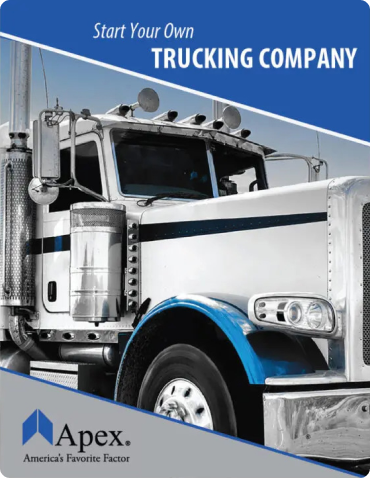How to Get Trucking Authority?
Getting operating authority is typically a big step in starting a trucking company, but it’s just one piece of the puzzle! What’s the first step to getting trucking authority and how do you do it?
First, let’s address what trucking authority is. Then, how to get operating authority, what’s required to get an MC and DOT Number, and how the Apex Startup Program provides trucking authority services.





